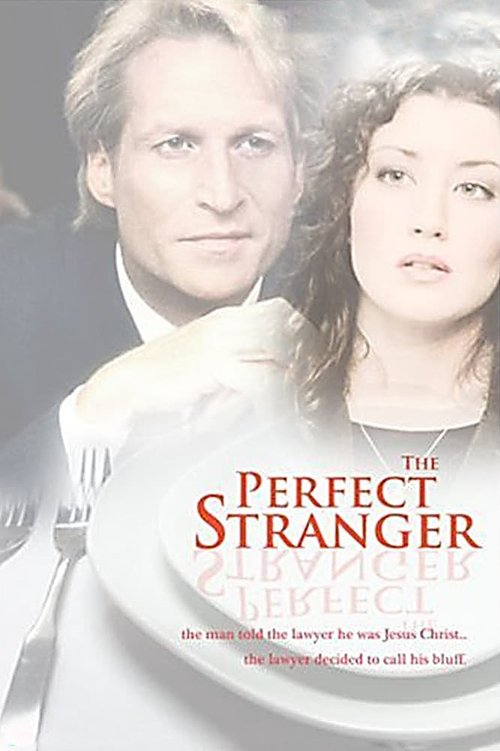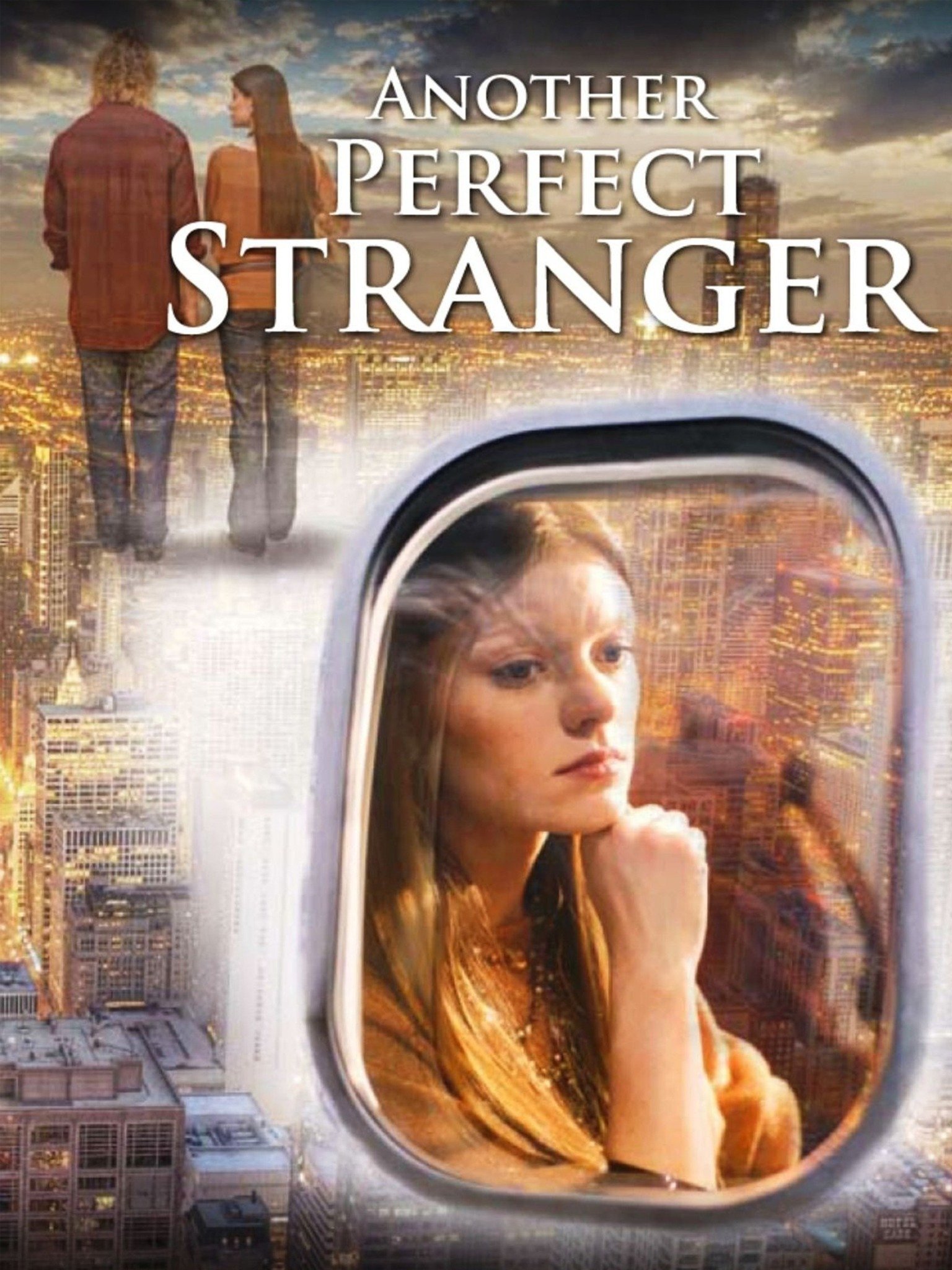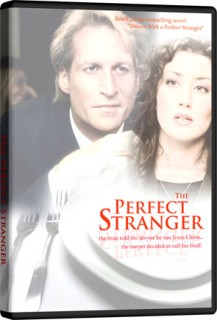
It’s a central vacuum compounded by other problems, namely that the characters’ motivations are stated baldly and barely proceed beyond thinly sketched archetypes. But any satire is blunted by the show’s sincere seriousness and Masha’s inscrutability. Given Masha’s vague proclamations (“we’re going to make you well”) and winks at greater trends (wellness retreats are “just another construct to separate rich people from their money and get them to feel good about themselves in the process”, chirps Luke Evans’s Lars), Nine Perfect Strangers gestures at a larger critique of wellness culture’s emptiness and cycle of self-improvement. The effect only highlights the show’s slim characterization, and stands in unfavorable contrast to the intoxicating, unsettling mood of Big Little Lies (directed by Jean-Marc Vallée) and the chilliness of The Undoing (directed by Susanne Bier). Director Jonathan Levine, who steered all eight episodes (six of which were available for critics) attempts to establish a shorthand for the ominousness of Tranquillum, the dubious wellness resort at which nine guests arrive, through closeup shots of characters in rapture (screaming, meditating) and slow-motion shots of smoothies whirring in a blender.

“Prestige” is usually associated with profound, if not high-budget, but Nine Perfect Strangers is not the first nor does it look the second.

Why are we here, hours into this shallow pool? The show suffers from some confounding logistical questions out of the gate: how are none of the guests at Tranquillum, the dubious wellness resort run by Masha, aware of the no-cellphone policy ahead of their 10-day retreat? How did the guests discover and subscribe to a place that does not advertise nor, apparently, have any word-of-mouth recognition? Over the course of the six episodes available to critics, each of the characters poses and ponders why they’re sequestered at Tranquillum – “why am I here?” washed up ex-jock Tony (Cannavale) cries in the fourth episode – which unfortunately prompts the same question from the viewer. Though arguably not the worst show of the year, Nine Perfect Strangers is, especially given the cast, the most disappointing, with a clear, yawning gap between what the creators think they’re making and the show that actually exists.
#Perfect stranger movie rotten tomatoes tv
It’s a case study of so-called Prestige TV parts – unencumbered length, overwrought performances, atmospheric tracking shots and ominous score masquerading as depth – amounting to a misfire, intriguing blocks with no alchemical glue. It’s got cult-ish vibes, a mysteriously inscrutable central figure in Kidman’s Russian-accented Masha, a lush locale (a spa retreat in California, though filmed in Byron Bay, Australia), a hot topic rich for skewering (wellness culture) and the perennial TV draw of miserable wealthy, mostly white people (as seen in the aforementioned Big Little Lies, The Undoing, Succession and The White Lotus).īut for all the promising elements the show amasses, Nine Perfect Strangers is curiously, thoroughly dull.


The eight-part show comes with cable TV pedigree – created by David E Kelley (of HBO’s Big Little Lies and The Undoing), based on the 2018 book by Liane Moriarty (author of Big Little Lies’ source material), with a stacked cast including Nicole Kidman, Melissa McCarthy, Michael Shannon, Regina Hall and Bobby Cannavale, among others.


 0 kommentar(er)
0 kommentar(er)
